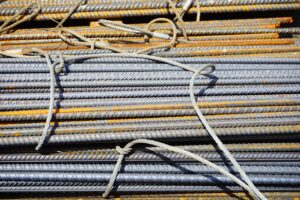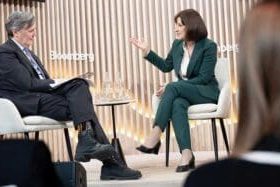NEW DELHI/BEIJING – India’s plans to build out coal-powered steelmaking capacity will quadruple emissions from 2021 to 2050 unless it takes significant steps to meet its 2070 net zero goal, US-based think tank Global Energy Monitor (GEM) said on Thursday.
The world’s second-biggest crude steel producer aims to achieve its steelmaking capacity goal of 300 million tonnes by 2030, and aims to be a net zero emitter of greenhouse gases by 2070.
However, India is now the world’s largest developer of new coal-based steel capacity, followed by China, GEM said in a report, adding that both countries needed to significantly ramp up efforts to meet global decarbonization targets, as well as their own.
“The actions of some countries, particularly China and India, have a more pronounced impact on climate goals due to the current and projected size of their domestic iron and steel industry,” the report said.
Around half (49%) of the operating capacity of the global steel fleet is located in China, including 59% of the capacity that generates higher emissions, the report said, adding that without substantial change from China, international efforts to get the industry on track will fall short.
The global steel industry is currently not on track for any of the net zero scenarios, it said. The sector is responsible for 11% of global carbon dioxide emissions and 7%–9% of global greenhouse gas emissions.
The International Energy Agency’s (IEA) Net Zero by 2050 scenario indicates that over half of steelmaking capacity needs to use electric arc furnace-based (EAF) technology by 2050, and 42% of primary steelmaking needs to use EAFs in a hydrogen-based direct reduced iron or iron ore electrolysis configuration to meet that goal.
The coal-based steel production contributes to approximately 86% of emissions, compared to 14% from EAF steelmaking, according to the report.
Current capacity plans will result in only a 32% of total capacity using EAF in 2050, it said. – Reuters









